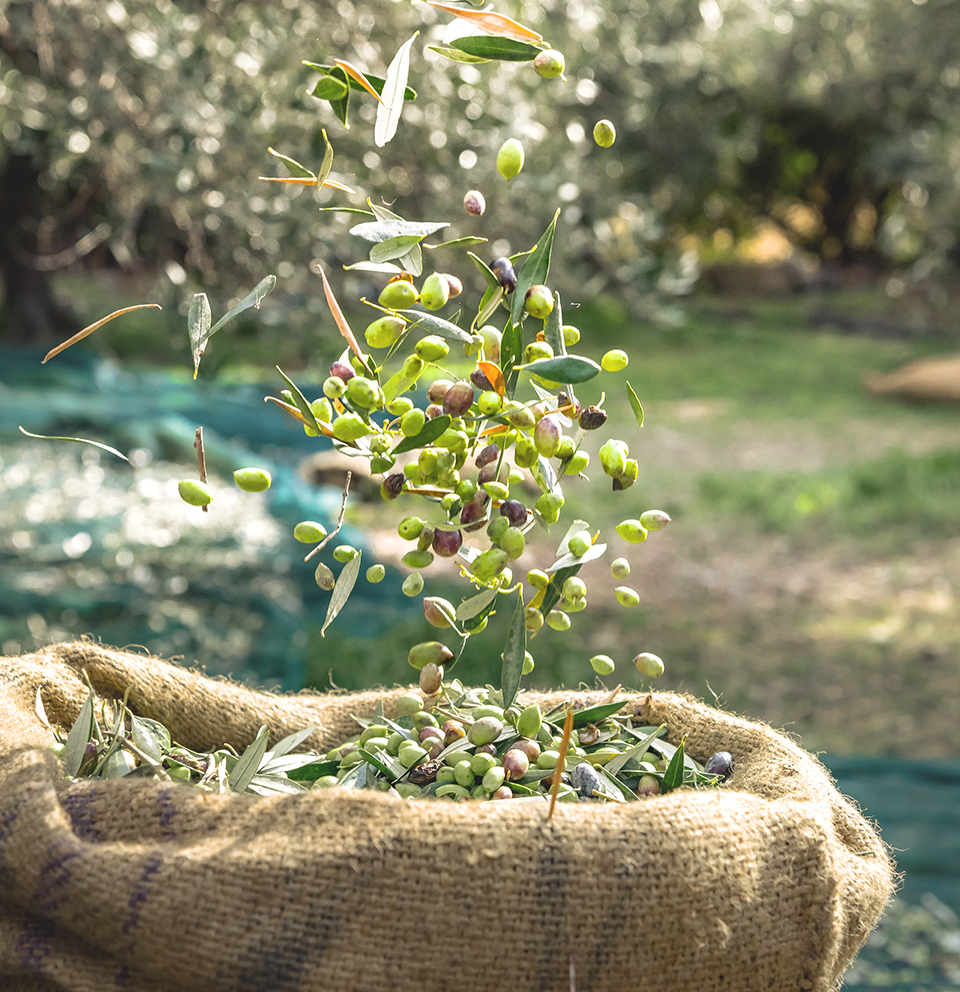Shopping Bag
No products in the cart.

The main difference between organic extra virgin olive oil and a traditional olive oil is its method of production. For an olive oil to be considered organic, it must meet a series of requirements in the cultivation of the olive grove.
With these techniques, you can obtain a much more natural olive oil and to ensure that you have not been in contact with undesirable chemical agents
1- Your body will be free of chemical agentsAlthough at the taste level there are few differences (if any), if you choose an organic extra virgin olive oil, you are sure that you are not introducing unhealthy chemical agents into your body. After all, nobody likes to eat pesticides.
2- It is better for the environmentSupporting this type of agriculture is not only healthy for our own organism, but also for the environment. Organic farming has less environmental impact than traditional agriculture. By supporting it you are contributing to the sustainability of the environment.
3- Quality certificationOrganic farming is subject to different regulations which are supervised and enforced by official authorities. In Europe, for example, organic olive oil must adhere to the European regulation EU 2018/848 in order to receive EU organic food label.
Leave a Reply